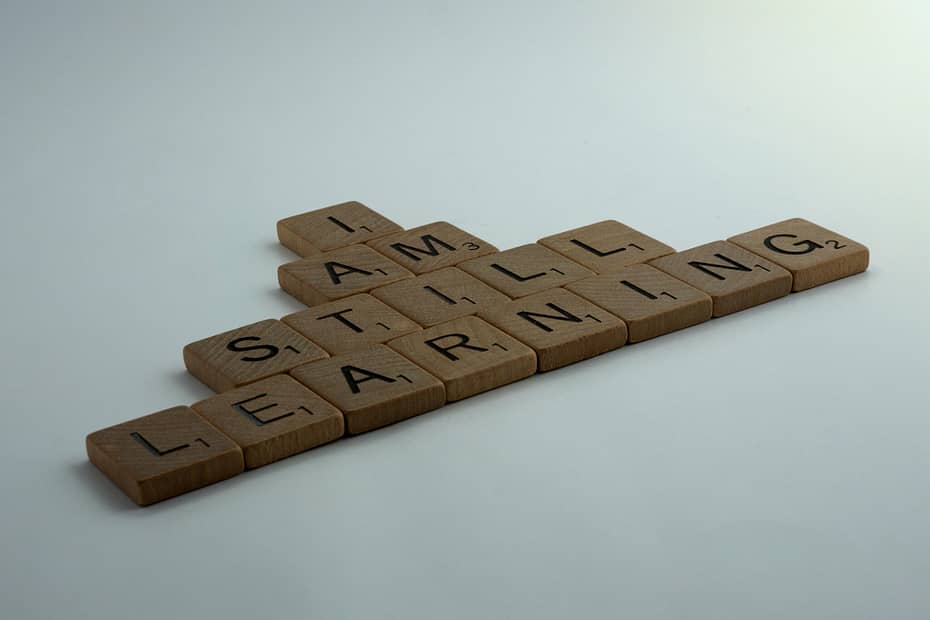I am a founding member of M.O.R.E. and have been very impressed by the dedication and leadership of the steering committee and the entire membership. I also have been an active member of the Anti-Racism Education Committee.
I write to thank you for sharing the piece by Leonard Pitts. I enjoy his writing, though sadly admit I have read him less as he is no longer syndicated in the papers I subscribe to. In re-reading it, I felt compelled to take on his call to embrace Black history as my history too. Although not explicitly, I think Pitts could very well be in support of Black History Month. At minimum, his call to action to me is to reflect and be better at learning and listening.
I have been teaching for over three decades, primarily at Mt. Lebanon High School, but also at the college level, and primarily US History and US Government. Shame on me if all I do is address Black history and race during February. Also, shame on me if I only teach “Great Black Men”. Although I have centered the Black experience and the idea of structural racism and inequity to a substantial degree in my courses, shame on me if I stop learning about my blind spots and uncovering new nuggets of wonder in the history of Black people in America.
Perhaps, then, we could meet Pitts’ call and consider reading or listening to the following:
- Read Why is Black History Month in February? How do you celebrate? Everything you need to know. It’s a breezy survey but also pointed and might introduce many to Carter Woodson. As is common, it misses J.A. Rogers, a journalist who published regular columns eventually compiled into a short book of “Amazing Facts About the Negro” and was described as having “wrote anti-racist history using universal humanity as his theme until his death in New York City on March 26, 1966.”
- Listen to this podcast from The United States of Anxiety The Origin Story of Black History Month (February 1, 2021). It’s a nice discussion among Black scholars who hold differing views on this month, beginning with host Kai Wright (who “never really embraced Black History Month and seeing if there is a future version [he] can embrace”) and producer Veralyn Williams (who cites Nina Simone and “fully and without reservation embraces” the recognition of Black History Month.)
Every year, I honor the life and legacy of Dr. King during our national holiday, sometimes volunteering, sometimes learning, and last year by attending, facilitated by the public library and Historical Society of Mt. Lebanon, with 25 others from our community, Let Freedom Sing an interfaith and interracial celebration in song of King’s life and witness. It has an element of being shallow and simple, but it was certainly also inspirational.
I like to believe I am reasonably effective at addressing race and centering Black experiences through my courses. I also believe I prioritize “social history” – history from the “bottom-up” – and those unknown “foot soldiers” who lived and often changed history. In that vein, in 2018, I gave a lecture series, open to the public, at Mt. Lebanon High School titled “Recalling Forgotten Lessons of the Civil Rights Movement.” It launched during Black History Month, for which I chose to honor the life of Medgar Evers, with “Medgar Evers – Race Agitator: The Cause Can Live On”. In March, I honored Women’s History Month in presenting “Beyond Members: Women as Anchors of the Movement” and on April 5, memorialized the 50th anniversary of the assassination of Martin Luther King, Jr. with “A Tribute to the Forgotten King.”
Though long, each talk was well-received, though at least one participant told me it would be better to have a Black person present. Is it wrong to present these topics linked to recognized months or anniversaries? Only if that’s all I do and learn.
So I continue to probe and push, and found incredible value – and was challenged recently by this column in The New York Times, “Do We Ask Too Much of Black Heroes? Every year for a month, we celebrate the heroes of Black history. But these stories can obscure how change happens and who gets left behind.“
As a teacher (but also relevant for everyone) I can learn from: Five Ways to Avoid Whitewashing the Civil Rights Movement (Learning for Justice at Southern Poverty Law Center, 2019)
Each of us could choose to attend one of these offerings From Samuel W. Black, director of African American Programs, Heinz History Center:
- 7th Annual Black History Month Lecture – (Re)Making History: Memory, Mythmaking, and the Civil Rights Movement. Friday, February 12, 2021, 5:30 pm – 7:00 pm
- Pittsburgh and the Civil Rights Movement. For students and teachers. Thursday, February 25, 2021.
Previously, I took students to hear presentations on a more authentic film version of The Green Book and a talk on Black Power. Quite frankly, to have a predominantly white group of kids sit in a predominantly Black audience was as important as the nuances and content learned. To hear men who had been members with the Black Panther Party discuss and debate Black Power with professor Leonard Moore was invaluable.
- University of Pittsburgh’s K. Leroy Irvis Black History Month Celebration, sponsored by the Office for Equity, Diversity and Inclusion at Pitt. They have produced phenomenal series at least since last summer.
- From the National Museum of African American History and Culture. Learn, and better yet, donate.
Maybe by taking advantage of these events highlighted this month, we will come closer to acknowledging the wounds Pitts identifies and grapple with the questions he poses. Presenting what I see as an affirmation to Pitts’ piece, the N.A.A.C.P. asserts that Carter Woodson’s original vision of Black History Month (born as a week) was to ensure that “Blacks should know their past in order to participate intelligently in the affairs in our country. He strongly believed that Black history – which others have tried so diligently to erase – is a firm foundation for young Black Americans to build on in order to become productive citizens of our society.” I suggest that applies to white kids too who perhaps are in greater need of learning about the wonder and wisdom as well as the horrors in the Black experience in America.
This opinion article was written by Pete DiNardo, a teacher in Mt. Lebanon and founding member of M.O.R.E and its Anti-Racism Education Committee (AREC), and originally published by M.O.R.E on February 16, 2021. Photo by Brett Jordan on Unsplash.
Linked Resources:
- N’dea Yancey-Bragg, “Why is Black History Month in February? How do you celebrate? Everything you need to know.” (Feb. 1, 2021) USA Today.
- Malik Simba, “J.A. Rogers (1880-1966)“. (Jan. 19, 2007). BlackPast.
- Henry Louis Gates, Jr. “J.A. Rogers’ 100 Amazing Facts About the Negro“. (Jan. 1 2013). The African Americans: Many Rivers to Cross.
- Kai Wright, “The Origin Story of Black History Month” (Feb. 1, 2021). The United States of Anxiety Podcast published by WNYC Studios.
- Pete DiNardo, “Medgar Evers – Race Agitator: The Cause Can Live On” (May 24, 2020). Video.
- Pete DiNardo, “Beyond Members: Women as Anchors of the Movement” (May 24, 2020). Video. Sponsored by Mt. Lebanon School District in collaboration with Mt. Lebanon Public Library and The Historical Society of Mt. Lebanon.
- Pete DiNardo, “The Dream(s) of the Unknown King” (May 24, 2020). Video. Sponsored by Mt. Lebanon School District in collaboration with Mt. Lebanon Public Library and The Historical Society of Mt. Lebanon.
- Imani Perry, “Do We Ask Too Much of Black Heroes?” (Jan. 29, 2021). The New York Times.
- Coshandra Dillard, “Five Ways to Avoid Whitewashing the Civil Rights Movement” (Jan. 23, 2019). Learning for Justice.
- “NAACP History: Carter G. Woodson“. National Association for the Advancement of Colored People (NAACP).

